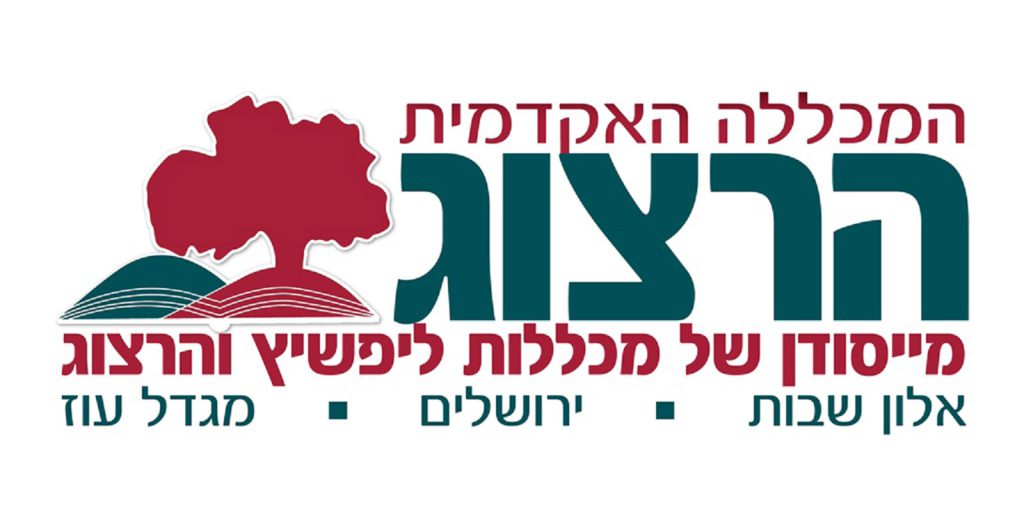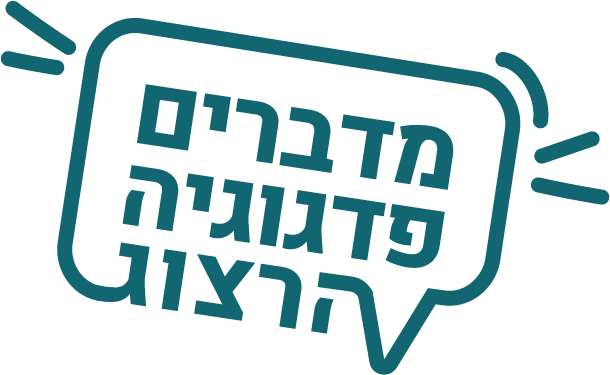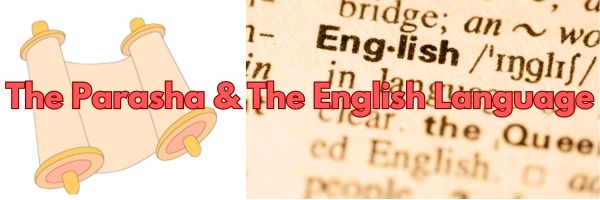The word "babble" in English has a fascinating connection to the story of the Tower of Babel, which is recounted in Parashat Noach.
Parashat Noach, and the story of the Tower of Babel signify the beginning of multiple languages and thus also the source for the English language. Without Parashat Noach, there would not have been any need for English teachers! God intervened by confusing the people’s language, causing them to no longer understand one another's speech (and providing us with parnasa…). This confusion led to their scattering across the globe, and the place was named "Babel" (בָּבֶל, Bavel in Hebrew), which is associated with the Hebrew root "balal" (בָּלַל), meaning "to confuse" or "to mix."
The English word "babble" is derived from Middle English "babelen," which likely came from the repetitive sounds that resemble meaningless chatter. However, the term is also closely linked to the story of the Tower of Babel. The confusion of languages at Babel, as described in Genesis, has come to symbolize unintelligible or nonsensical speech.
Over time, "babble" has come to describe speech that is noisy, chaotic, and lacking in clear meaning, especially when it involves an excessive or confusing number of voices or sounds much like the fragmented speech at Babel. Expressions such as "babbling brook" refer to the sound of water that resembles the chatter of many voices, while "baby babble" refers to the nonsensical sounds made by infants learning to speak.


